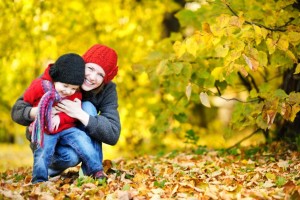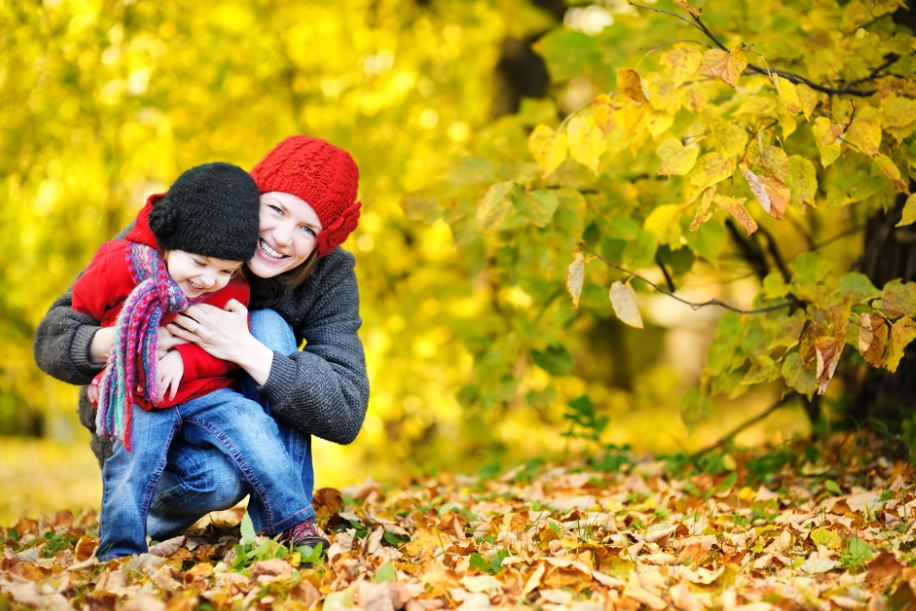 Everyone should feel free, safe and secure in their own homes. If you’re hurt, controlled or abused by your partner, this is domestic violence and you are not at fault because there’s simply no excuse for being abusive and violent.
Everyone should feel free, safe and secure in their own homes. If you’re hurt, controlled or abused by your partner, this is domestic violence and you are not at fault because there’s simply no excuse for being abusive and violent.
How Children are Exposed to Domestic Violence
Unfortunately, domestic violence also affects your children. Even in cases where they don’t really hear or see the violence, they know that it is going on, explains Dixie Ann Middleton & Associates. Exposure of children to domestic violence can come in different forms, such as when they:
• Are ordered by parents to keep the abusive events a secret
• Overhear nasty fights and abuse
• Are exposed to accidental or intentional abuse
• Interfere and side with the abused parent or sibling
• Experience the aftershock of an abusive episode; for instance, caring for or being cared for by the abused parent
• See injuries on the abused parent or damages to the family home
• Help in fixing damages and cleaning messes
• Accompany the injured parent for treatment
• See emergency services or police officers in the home when they respond to a violent event
You’re probably trying your very best to hide what’s really going on, but know that children are inherently sensitive to the feelings of their mothers and fathers, and that you are damaging your children by having them grow up in an abusive home.
How Children are Affected by Domestic Violence
Plenty of research has found that children exposed to domestic violence are more at risk of developing behavioural and emotional issues than those who are not. Children living in abusive homes likewise have higher risks of being physically abused, or having their emotional and physical needs ignored. In addition, they are also more inclined to:
• Exhibit poor language and reading comprehension skills
• Have trouble controlling and sorting out their emotions
• Develop anxiety and depression, as well as antisocial issues including violent or aggressive behaviour and delinquency, especially during their teenage years
• Have difficulties developing intimate relations with parents
• Have trouble making and keeping friends
In addition, when domestic abuse is coupled with other serious issues, including mental health problems and substance abuse, the risk of children developing behavioural, emotional, educational and social problems are higher.
If you’re a victim of domestic violence and are thinking of getting out of your situation, you must consult a lawyer knowledgeable in family law to learn more about your entitlements and rights, as well as the steps you can take to protect yourself and your children.
